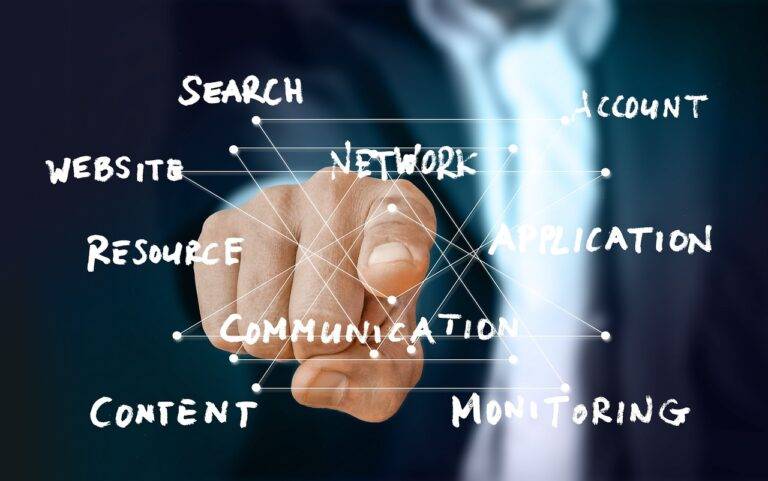Understanding Blockchain Beyond Cryptocurrency
Blockchain technology, often associated with cryptocurrency, has far-reaching implications beyond digital currencies. Originally developed as the underlying technology for Bitcoin, blockchain has evolved into a versatile tool with applications across various industries. This article explores the fundamentals of blockchain technology and its potential beyond cryptocurrency.
Decentralized and Distributed Ledger
At its core, blockchain is a decentralized and distributed ledger that records transactions across multiple computers in a secure and transparent manner. Each transaction, or block, is cryptographically linked to the previous one, forming a chain of blocks, hence the name “blockchain.” This distributed nature of blockchain ensures that transactions are immutable, tamper-proof, and verifiable by all participants in the network.
Smart Contracts and Automation
Smart contracts are self-executing contracts with the terms of the agreement directly written into code. These contracts automatically execute and enforce the terms of the agreement when predefined conditions are met, eliminating the need for intermediaries or third parties. Smart contracts enable automated and trustless transactions, reducing costs, delays, and the risk of fraud in various industries, such as finance, supply chain management, and real estate.
Supply Chain Traceability and Transparency
Blockchain technology provides an immutable and transparent record of transactions, making it ideal for supply chain traceability and transparency. By recording the journey of products from the point of origin to the end consumer, blockchain enables stakeholders to track and verify the authenticity, quality, and ethical sourcing of goods. This transparency promotes accountability, reduces counterfeiting and fraud, and enhances consumer trust in brands and products.
Identity Management and Digital Identity
Blockchain technology offers solutions for secure and decentralized identity management, enabling individuals to control and manage their digital identities without relying on centralized authorities. Through blockchain-based identity systems, users can securely store and share personal information, credentials, and attestations, while maintaining privacy and security. This approach to digital identity has applications in areas such as healthcare, voting systems, and access control.
Data Security and Privacy
Blockchain technology enhances data security and privacy by providing a decentralized and tamper-proof data storage solution. Instead of storing data in centralized servers vulnerable to hacking and data breaches, blockchain distributes data across a network of nodes, encrypting and securing it with cryptographic algorithms. This decentralized approach to data storage reduces the risk of unauthorized access, data manipulation, and data loss, ensuring the integrity and confidentiality of sensitive information.
Conclusion
Blockchain technology holds immense potential beyond cryptocurrency, offering solutions for decentralized and transparent systems in various industries. From supply chain traceability and smart contracts to identity management and data security, blockchain is revolutionizing how transactions are conducted, records are maintained, and trust is established in the digital age. As blockchain continues to evolve and mature, its impact on society, economy, and governance will only grow stronger.
FAQs
Q: What is blockchain technology?
A: Blockchain technology is a decentralized and distributed ledger that records transactions across multiple computers in a secure and transparent manner, enabling trustless and tamper-proof transactions.
Q: How are smart contracts used in blockchain technology?
A: Smart contracts are self-executing contracts with the terms of the agreement directly written into code. They automate and enforce the terms of the agreement when predefined conditions are met, eliminating the need for intermediaries or third parties.
Q: What are some applications of blockchain technology beyond cryptocurrency?
A: Applications include supply chain traceability, smart contracts for automation, identity management and digital identity, data security and privacy, voting systems, healthcare records management, and decentralized finance (DeFi).
Q: How does blockchain enhance data security and privacy?
A: Blockchain technology provides a decentralized and tamper-proof data storage solution, encrypting and securing data with cryptographic algorithms. This decentralized approach reduces the risk of unauthorized access, data manipulation, and data breaches.
Q: What are some challenges associated with the adoption of blockchain technology?
A: Challenges include scalability limitations, regulatory uncertainty, interoperability issues, energy consumption concerns (for proof-of-work consensus mechanisms), and the need for industry-wide standards and collaboration.





